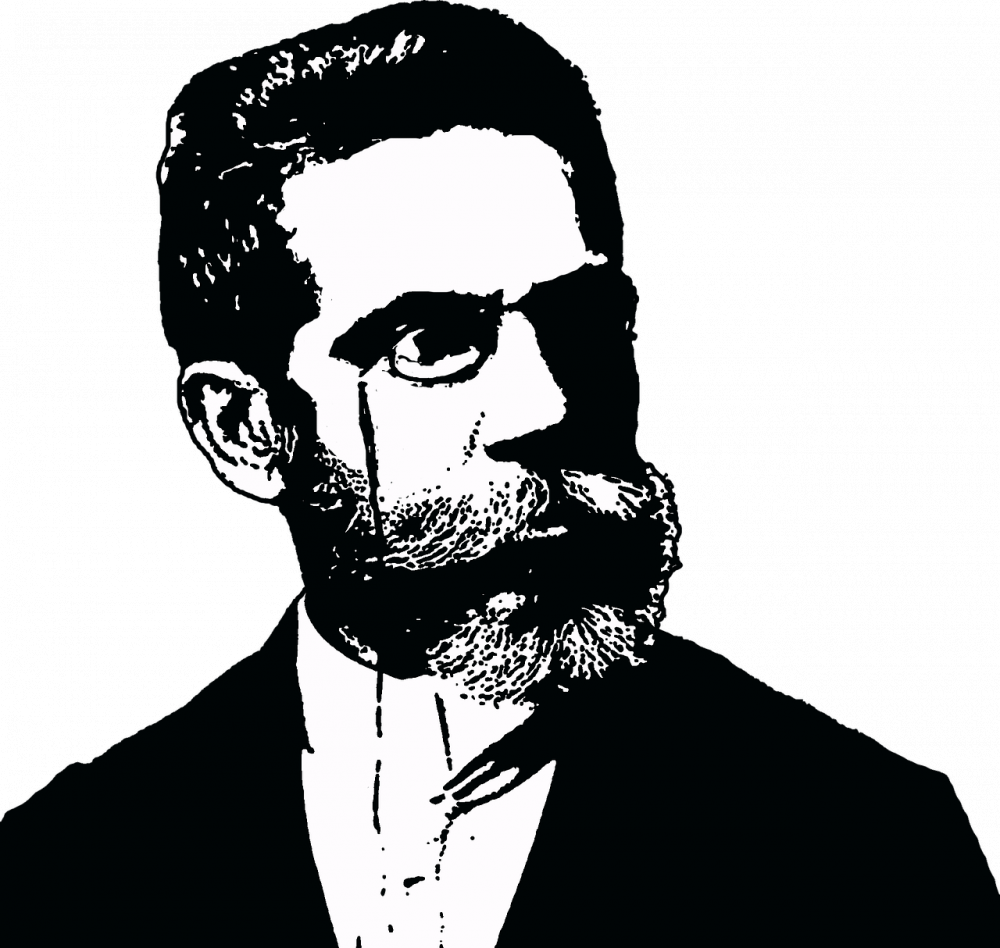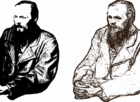Orlando: Virginia Woolfs Timeless Exploration of Gender and Identity

Introduction
Virginia Woolf’s novel “Orlando” is a literary masterpiece that unravels the complexities of gender and identity. Published in 1928, the book defied convention and challenged societal norms of the time. With its unique blend of fiction and biography, “Orlando” has cemented its place as a significant work in the modernist literary canon. For those intrigued by this subject, this article delves into the intricacies of “Orlando” and explores its historical development.
I. Unveiling Orlando: A Journey into Identity

“Orlando” introduces us to the eponymous character, who undergoes a remarkable transformation from a young male aristocrat in Elizabethan England to an immortal woman living in the 20th century. The novel delves into the fluidity of gender and sexuality, weaving together themes of self-discovery, love, and societal expectations.
1. A Quest for Identity
In “Orlando,” Woolf explores the notion of identity as a construct influenced by societal norms and expectations. Orlando’s transformation, taking place over centuries, emphasizes the fluid nature of selfhood. The protagonist’s journey ultimately leads to self-acceptance, embracing a unique identity that transcends traditional gender boundaries.
2. Love and Relationships
Woolf also delves into the complexities of love and relationships. Orlando’s encounters with various characters throughout the novel offer a nuanced exploration of same-sex and heterosexual relationships, defying rigid societal norms. By presenting love as fluid and boundless, the novel challenges conventional understandings of romance and sexuality.
II. Historical Evolution of “Orlando”
To understand the full significance of “Orlando,” it is crucial to comprehend the historical context in which it was written. The novel both reflects and critiques the turbulent social changes occurring during Woolf’s lifetime.
1. Bending the Boundaries of Gender
The early 20th century saw the emergence of feminist and queer movements, challenging long-held beliefs about gender roles and sexuality. Woolf’s exploration of these themes in “Orlando” aligns with this period of social awakening. The novel can be seen as a response to the rapidly changing attitudes towards gender and sexuality during the early 20th century.
2. Modernist Literature and Experimental Narrative
Woolf’s experimentation with narrative techniques in “Orlando” aligns with the broader modernist movement in literature. The novel presents a fragmented and non-linear narrative that challenges traditional storytelling. This narrative structure allows Woolf to explore the fluidity of gender and identity more effectively.
III. The Impact of “Orlando” on Contemporary Literature
“Orlando” continues to exert a profound influence on contemporary literature and gender studies. Its exploration of identity has resonated with readers and scholars alike, leading to numerous adaptations and critical analyses.
1. Gender Theory and Feminist Perspectives
The themes explored in “Orlando” have become essential touchstones in gender theory and feminist scholarship. The novel’s examination of societal expectations, gender fluidity, and the construction of identity have contributed to the development of these fields.
2. Adaptations and Cultural Significance
“Orlando” has also made its mark beyond the realm of literature. Several adaptations, including a successful 1992 film directed by Sally Potter, have brought the novel to a wider audience. This cultural impact speaks to the enduring relevance of Woolf’s exploration of gender and identity.
Conclusion
Virginia Woolf’s “Orlando” remains a timeless exploration of gender and identity. Through its captivating narrative, the novel challenges societal norms and constructs surrounding gender, love, and selfhood. By understanding the historical context in which “Orlando” was written, we can appreciate its significance in the broader cultural and literary landscape. As a seminal work in modernist literature, “Orlando” continues to inspire and provoke thought, leaving its mark on both literature and the ongoing discourse surrounding gender and identity.











